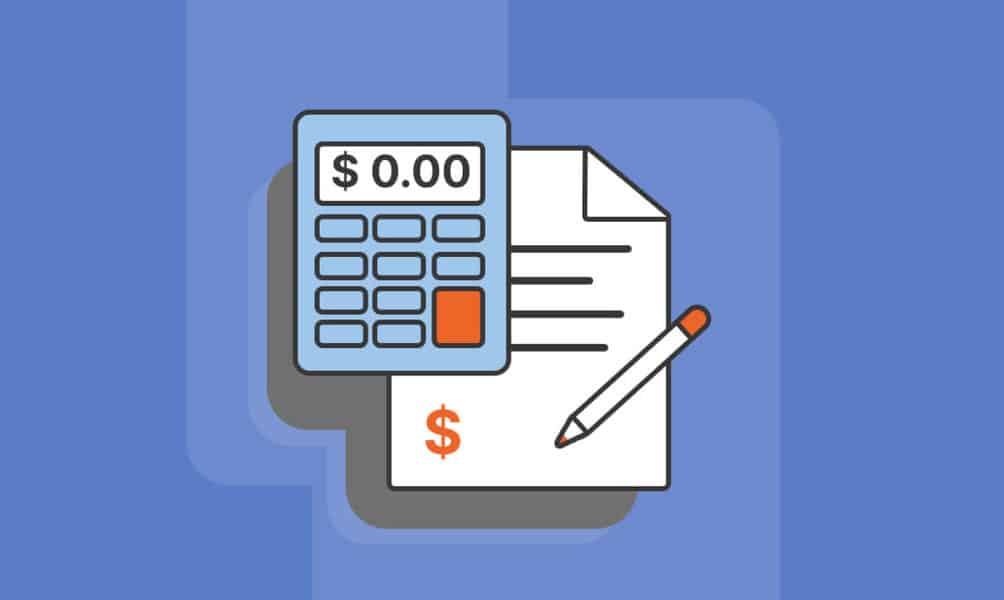If you’re starting an LLC, the business entity formation process is one of the first and most important hurdles. This step can be terribly complex ...
How to File Taxes for an LLC with No Income
Written by: Carolyn Young
Carolyn Young is a business writer who focuses on entrepreneurial concepts and the business formation. She has over 25 years of experience in business roles, and has authored several entrepreneurship textbooks.
Edited by: David Lepeska
David has been writing and learning about business, finance and globalization for a quarter-century, starting with a small New York consulting firm in the 1990s.
Published on November 8, 2021

If you’ve put your business on hold, or just haven’t started doing business yet and so your LLC has no income, do you have to file taxes for your LLC? The short answer is it depends. As an LLC you can choose to be taxed as a sole proprietorship, partnership, or corporation. Which option you’ve decided on affects if and how you will file taxes.
Tax Election Options
If your LLC has only one member, for tax purposes you are considered a sole proprietorship, and the IRS disregards your LLC in terms of tax liability. You report income and losses on your personal tax return and pay taxes at your personal income tax rate.
If your LLC has more than one member, you will be treated by the IRS as a partnership. You do need to file a return for your LLC, but it is for informational purposes only. The income or losses are passed through to the members to be reported on their personal tax returns.
You can elect to have your LLC taxed as a corporation by filing Form 8832. LLC owners may do this in order to report less income personally, or to avoid self-employment tax. If you make this election, you will file a corporate tax return.
If Your LLC Is Considered a Sole Proprietorship for Tax Purposes
If you are the sole member of your LLC, you are taxed like a sole proprietorship. All income and losses are reported on your personal tax return on a Schedule C. If your LLC generates more than $400 per year, you are required to report it on a Schedule C. If your LLC has no income and no activity, you are not required to report that on a Schedule C. However, if you are filing a personal tax return, you may need to file a Schedule C for self-employment income.
If Your LLC Is Considered a Partnership for Tax Purposes
An LLC with more than one member is taxed as a partnership and needs to file Form 1065, a U.S. Return of Partnership Income, for informational purposes only. Individual members report income and losses on their personal tax return. If the LLC has no income or losses, and no activity, a partnership return is not required. If you have any credits or expenses that you would like to claim on your personal tax returns, however, you will need to file a partnership tax return.
If Your LLC Is Taxed as a Corporation
You can elect to be taxed as a C-Corp by filing Form 8832, or an S-Corp by filing Form 2553. In an S-Corporation, income is passed through directly to shareholders, without that income being taxed as corporate income, therefore the business is not responsible for corporate taxes. Instead, it is taxed as a partnership.
LLCs electing to be taxed as C-Corps must file Form 1120, a U.S. Corporation Income Tax Return. LLCs taxed as corporations will pay corporate taxes on the LLC income, and members will pay taxes on dividends they receive. Form 1120 must be filed whether or not the LLC has income.
LLCs electing to be taxed as S-Corps must file Form 1120-S annually, regardless of business activity. However, S-Corps are pass through entities, so no corporate taxes are paid. Members report income on their personal tax returns.
If Your LLC Had No Income
LLCs taxed as sole proprietorships or partnerships are not required to file federal LLC tax returns if the LLC has no activity. Some states, however, do require that LLCs file tax returns even if they are pass-through entities. LLCs taxed as corporations, both C-Corps and S-Corps, must always file a federal tax return, regardless of activity. Be sure to always check your state regulations for state tax filing requirements for your LLC, whether your LLC has income or not.
If your business has income or expenses, you must file taxes, period. Again, be aware of state as well as federal regulations since laws differ from state to state. When in doubt, check with a tax professional. Penalties for missing required filings can be steep.
Subscribe to Our Newsletter
and gain insider access to cutting-edge business insights and trends.
Featured Resources

10 Best LLC Formation Services
Published on August 22, 2022
Read Now

3 Tax Benefits of Forming an LLC
Published on June 9, 2022
If you’re starting a business, one of the first decisions to make is the type of business entity to form. A limited liability company (LLC) is ani ...
Read Now

LLC Pass-Through Taxation: How Does it Work?
Published on December 30, 2021
Forming a limited liability company (LLC) has many benefits, including personal liability protection, but also tax flexibility. LLCs, by default,are ...
Read Now
Comments